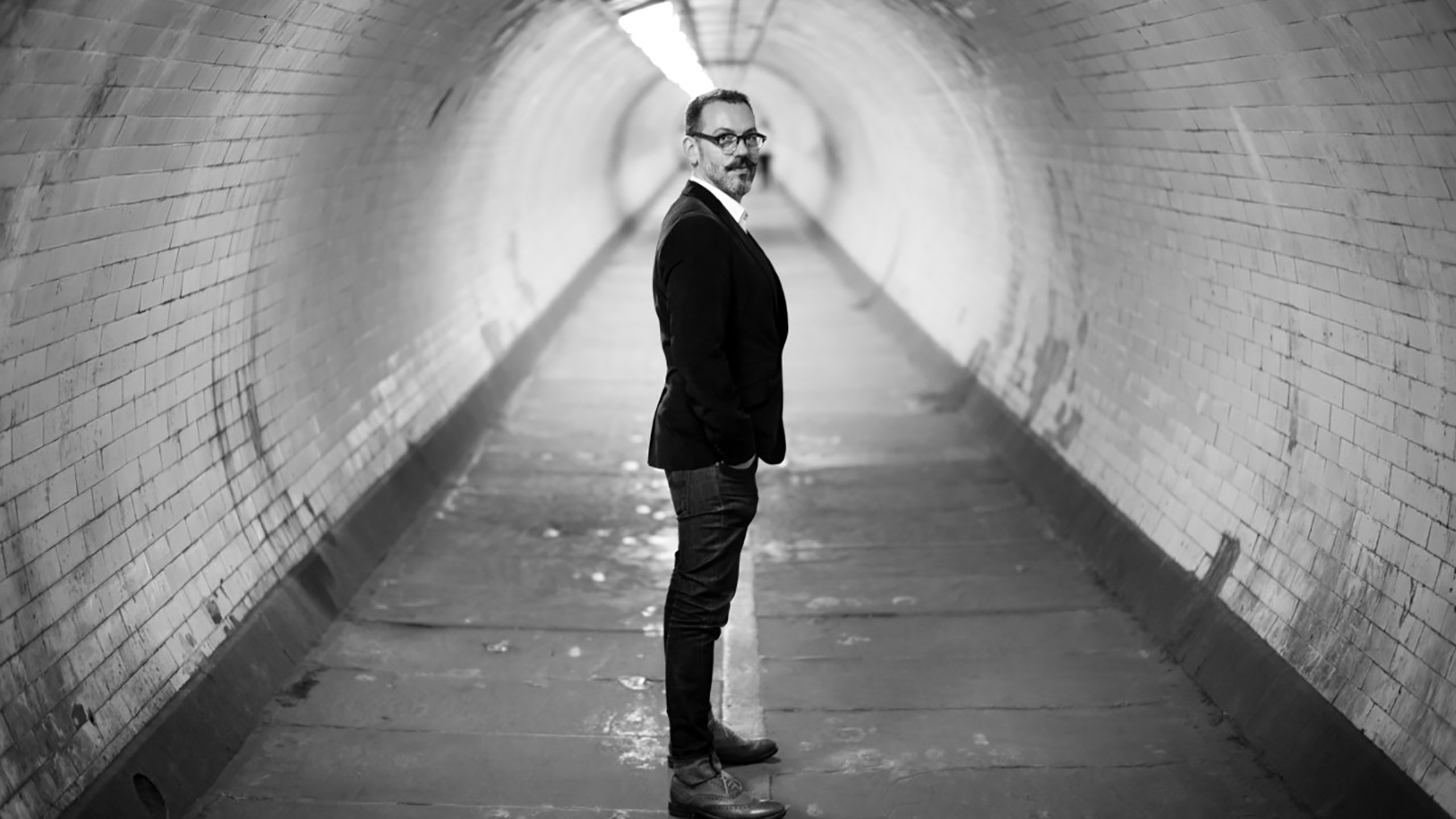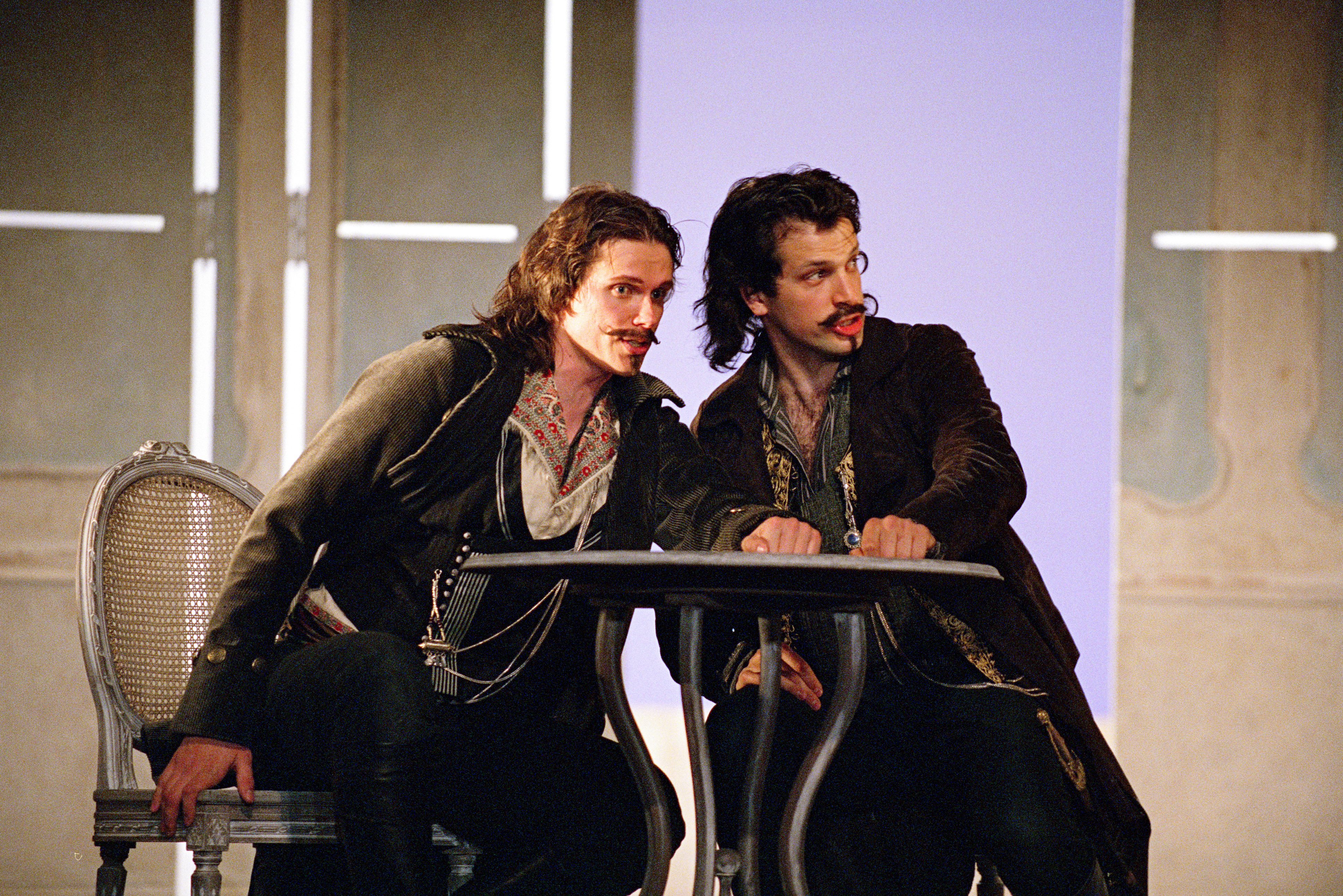WAO Spotlight with Bruno Ravella
Despite the challenges presented by current restrictions, next weekend the sublime notes of Mozart’s music will soar from the stage of His Majesty’s Theatre. From London to Perth, we want to shine a spotlight on our creatives working in new ways to bring the magic of opera to you. Connect with your state opera company on an intimate level and learn how barriers are overcome to present work that is imaginative, balanced and beautifully crafted.
Join us with Revival Director Bruno Ravella as he describes attending Così fan tutte rehearsals from a flat in London, reflecting on human nature through opera, and his first introduction to the delightful comedy of Mozart.
1. Talk to us about your role as Revival Director for Così fan tutte – what does this involve?
The role of the Revival Director is to recreate an existing production conceived by another director. Sets, costumes, lighting are existing, and so is the spirit of the piece and the relationships and movements between characters. But my role goes beyond recreating like for like. I work with the set of artists to create a coherent and believable world. I wouldn’t ask a singer to strictly copy the moves of the singer who created the production. These were done with that singer, with their physicality, personality, sense of humour etc. It is important to deliver the thoughts in a way that works with the specific artists at any one time.
2. What effect has COVID-19 had on your communications with the cast and creatives? How have you adapted?
Communication takes places through the medium of a screen. Così is directed from a flat in London to a theatre in Perth. I can see well the rehearsal space, and can give clear directions. I am heard and the technology works. What I miss is the direct interaction. It is near impossible to demonstrate a physical movement. I have to rely a lot more on the ‘word’, describing as best as possible what I have in mind. I also miss the back and forth that happens in a studio. With the screen, singers listen and then respond – a two-way conversation is a little trickier to start off naturally. I am fortunate that the singers we are working with are very natural and intelligent and they can take in the notes and deliver them in exciting, personal ways.
3. Why is this production unique and what do you think audiences will be enchanted by?
I wouldn’t call this production unique. What it is, is timeless, intelligent and beautifully crafted. The characters are well observed and the situations are real and truthful. I know audiences are enchanted by the beauty of the production, and the perfect fit between the visual and the music.
4. When did you first experience Così? Has your appreciation of the opera changed over time?
Così is the first Mozart opera I saw. I was probably 16 or 17 at the time. I enjoyed it thoroughly and remembered mostly the comedy of it. Since then I have worked on two productions of it, this one and the one by John Cox. My view of the piece has changed over time and I appreciate now the deeper issues in the piece about love, fidelity, and passion.
5. To what extent do you think opera can reflect the challenges and triumphs of our current existence?
Our current existence feels extraordinary, but I think every generation has its challenges and triumphs. They all boil down to what it is to be human, and nothing better than opera can reflect on that. From Monteverdi to contemporary opera, Mozart to Strauss, Wagner, Verdi or Britten, we have an essay on human nature through the lens of history, drama, comedy and poetry.
6. Can you share with us a creative work – be it a piece of music, art, dance, film or theatre – that ignites your emotions?
I find dance to be very inspiring. Any piece choreographed by Pina Bausch will get me excited and give me ideas of how to inject visual poetry into a piece I direct.
7. What other exciting projects do you have on the horizon?
I’m currently finalising designs for a Rosenkavalier I’m directing next June at Garsington Opera in the UK. I’m terribly excited about this, as it’s a piece I’ve loved for many years and have been dreaming to direct. I’m finding exciting ways of telling the story in a humane and surprising way. I have another exciting project on the horizon – a little-known Verdi opera – but can’t say much more than that right now...
Così fan tutte, featuring Bruno Ravella as Revival Director, opens at His Majesty’s Theatre next weekend. Click here to find out more about this extraordinary production.
ABOUT BRUNO RAVELLA
Born in Casablanca, Morocco, of Italian and Polish parents, Bruno Ravella studied in France then moved to London in 1991 as soon as he graduated. Directing credits include Strauss’ Intermezzo and Falstaff for Garsington Opera (UK), Rigoletto (Opera Theatre of St Louis, USA), La Boheme (Opera di Firenze, Italy), La Belle Hélène, Werther and L’heure espagnole/Gianni Schicchi (Opéra National de Lorraine, France), Werther (Opera de Quebec, Canada), Madam Butterfly, Macbeth, Agrippina, Falstaff and La traviata (Iford Arts, UK), Giulio Cesare and La Traviata (Stand’été Moutier, Switzerland), Carmen (Riverside Opera, UK), Charpentier’s La Descente d’Orphée aux enfers and Blow’s Venus and Adonis (Les Arts Florissants, France).
Werther won the prestigious Prix Claude Rostand de la critique 2017/2018 for best opera production of the season in France outside Paris. Ravella was nominated for the South Bank Sky Arts Award and Outstanding Achievement in a New Opera Production (Broadway World UK) for Falstaff at Garsington, and has been nominated for the Independent Opera Director Fellowship 2015. He will return to Garsington Opera next summer with a new production of Der Rosenkavalier.


